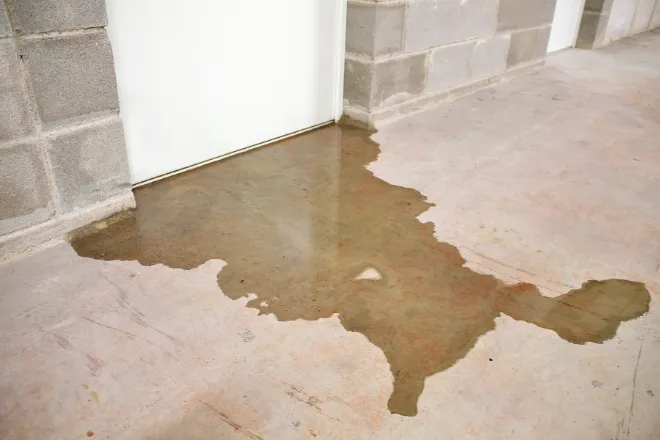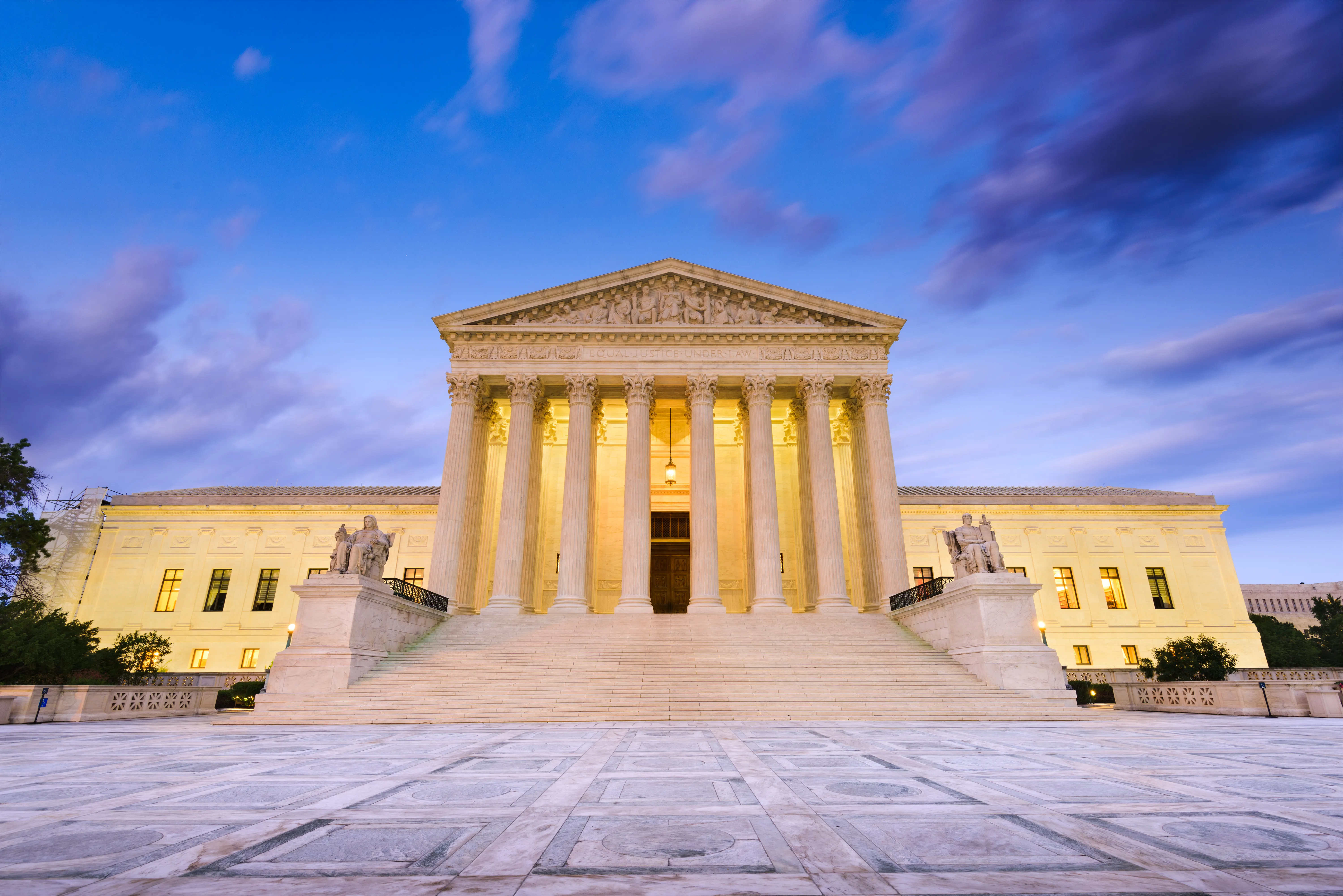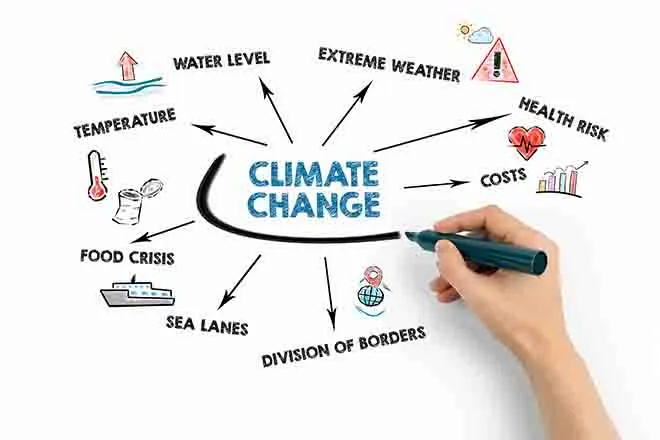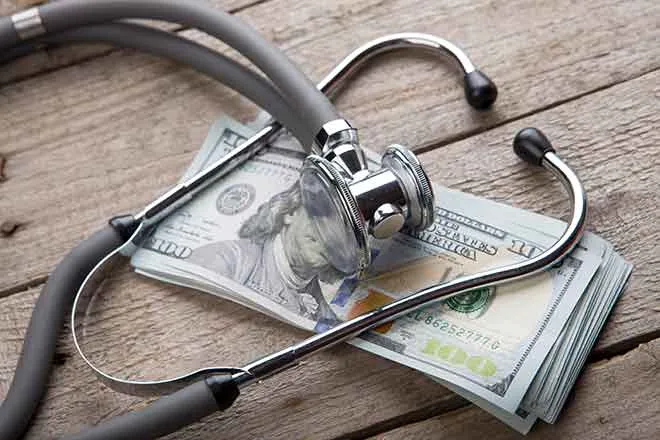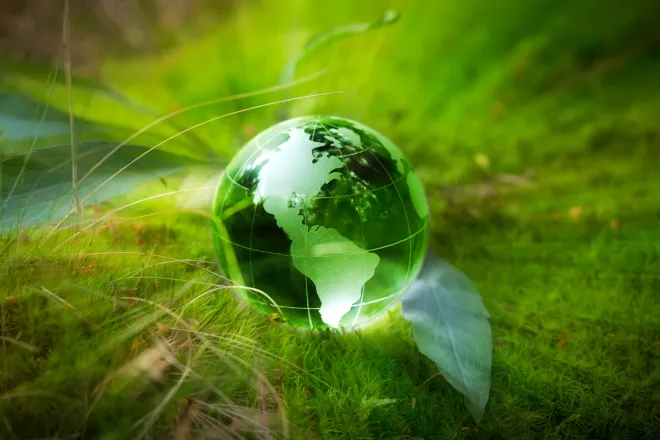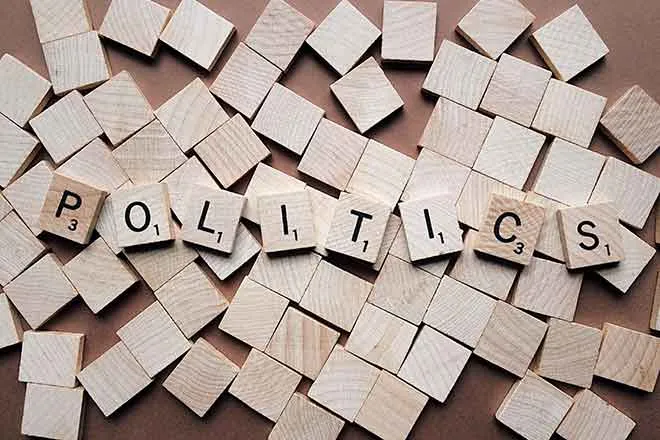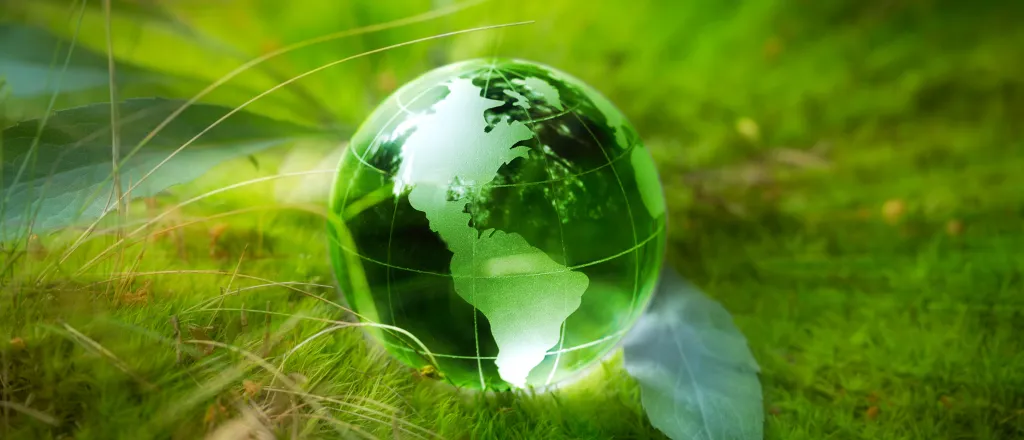
EarthTalk - Do mainstream laundry soaps contain chemicals that are bad for human health?
© iStock
Dear EarthTalk:
Do mainstream laundry soaps contain chemicals that are bad for human health and/or the environment? Are any brands safer than others in this regard?
P.V., via email
For centuries, soaps made from natural substances were used to cleanse our skin and clothes. Synthetic detergents were developed in the early 20th century to create products that cleaned our laundry better and more conveniently. These days we may buy them based on a nice smell or how bright our clothes look, and take for granted that they are safe for us and for the environment.
Sadly, that doesn’t seem to be the case. Consumer Reports recently looked for potentially dangerous chemicals in several laundry detergents and found quite the selection of “nasties.” One of the worst is 1,4-dioxane, an industrial solvent that’s readily absorbed through the skin, lungs and gastrointestinal tract and is considered a probable human carcinogen. In 2022, New York State banned laundry detergents containing unsafe levels of 1,4-dioxane. Arm & Hammer Clean Burst, Tide Original and Gain Original + Aroma Boost are among those detergents no longer available in New York as a result.
Other common yet dangerous detergent ingredients to watch out for include: neurotoxin heavy metals such as arsenic, cadmium and lead; phthalates that make fragrances last longer but disrupt the body’s hormonal systems; phosphorus that helps separate dirt from fabric but has links to negative human health effects including the aggravation of cardiovascular problems and osteoporosis; and sodium lauryl sulfate (SLS) and sodium laureate sulfate (SLES), scrubbing agents that can irritate the skin, eyes and lungs. Many common detergents contain synthetic dyes, fragrances and so-called “synthetic optical brighteners” that don’t actually clean but can cause allergic reactions and skin irritation and harm downstream wildlife.
Beyond the immediate health and environmental threats many of these synthetic chemicals pose, they also are not easily broken down over time and as such accumulate in the environment over decades. They can accumulate in water to toxic levels, affecting wildlife that is exposed, be carried by waterways or by water extraction for irrigation and can then get into food crops and animals. Like the pesticide DDT, the chemicals may accumulate in the body tissues of organisms living in polluted areas, but more crucially for us, in the body tissues of the top predators in food chains, which are in many cases...us.
New York's decision to ban these hazardous detergents is a significant step toward establishing a safer and healthier environment, and emphasizes the importance of selecting eco-friendly products. Cheri Peele of Toxic-Free Future, a nonprofit that aims to reduce the use of dangerous ingredients in consumer products, urges consumers to “choose detergents with the U.S. EPA Safer Choice label.”
Boosting consumer awareness of this problem has become more mainstream recently. The Good Housekeeping Institute trialed some of the more eco-friendly brands. Its researchers gave high marks to Ecover, Smol, Splosh, Method and Bio D. Ecology Works produces a 100 percent biodegradable anti-allergen laundry detergent. Seventh Generation is also highly regarded as eco-friendly. Happy washing!
CONTACTS
- How to Find an Eco-Friendly Laundry Detergent, https://www.consumerreports.org/appliances/laundry-detergents/how-to-find-an-eco-friendly-laundry-detergent-a8349611828/
- Toxic-Free Future, https://toxicfreefuture.org
- EPA Safer Choice, https://www.epa.gov/saferchoice.


